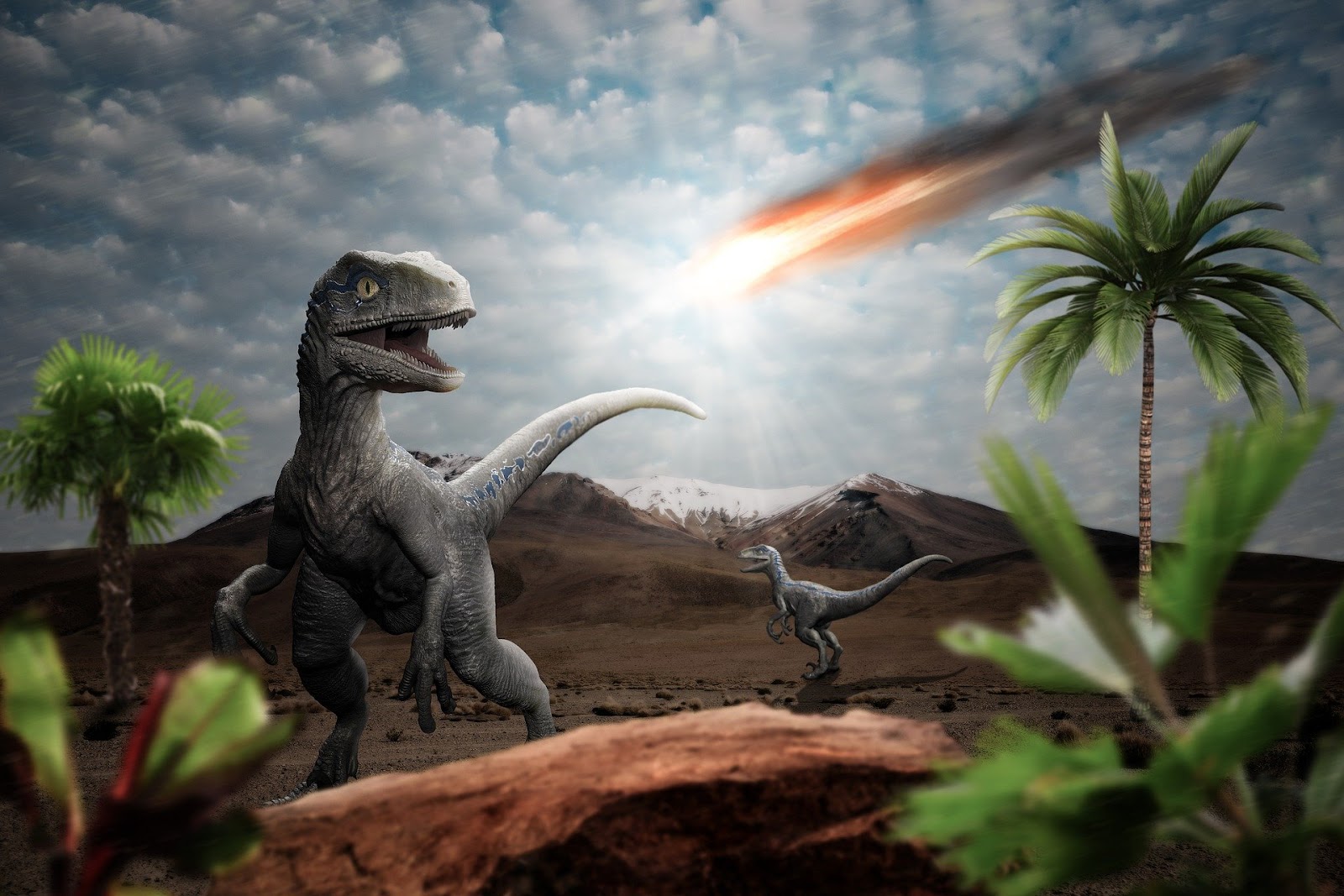why is weathering important
Why Is Weathering Important?
Weathering is an important phenomenon for the human species because it is the mechanism by which one of the planet’s most important natural resources—soil—is formed.
What is weathering and why is it important?
Weathering causes the disintegration of rock near the surface of the earth. Plant and animal life, atmosphere and water are the major causes of weathering. Weathering breaks down and loosens the surface minerals of rock so they can be transported away by agents of erosion such as water, wind and ice.
Why is weathering important process in the environment?
Answer: Weathering is a part of geomorphic process leading to the disintegration and decomposition of rocks and minerals on the earth’s surface as a result of physical and chemical action that leads to the formation of soil being a vital resource of rock weathering.
How does weathering help the Earth?
The effects of weathering disintegrate and alter mineral and rocks near or at the earth’s surface. This shapes the earth’s surface through such processes as wind and rain erosion or cracks caused by freezing and thawing. Each process has a distinct effect on rocks and minerals.
Which is the most important effect of weathering?
Landslides and soil erosion are two major effects of weathering.
What is the importance of weathering and erosion?
Forces like wind and water move the rock pieces. They mix with matter like sand to become sediment. Weathering and erosion help shape Earth’s surface.
What is the importance of weathering class 11?
Importance of weathering: Weathering processes are responsible for breaking down the rocks into smaller fragments and preparing the way for formation of not only regolith and soils but also erosion and mass movement. Biomes and bio-diversity is basically a result of forests depend upon the depth of weathering mantles.
What would happen if weathering stopped?
If the weathering process cease to exist in the universe, every landscape will remain the same even after millions of years has passed. The rock process would not occur and important mineral resources would soon become scarce and eventually will run out.
What are the constructive effects of weathering?
Answer- Weathering leads to soil formation which is required for agriculture.
- Weathering may provide new landscape, e.g. Karst topography.
- Weathering may provide building materials like cement and limestones.
- The weathering process leads to exposure of new minerals which become easy to be exploited.
Why is weathering important to soil?
Weathering breaks down and loosens the surface minerals of rock. Hence, the broken rocks are transported to another place where it decomposes and forms soil. Therefore weathering is important for soil formation.
What is the result of weathering?
Weathering breaks things down into smaller pieces. The movement of pieces of rock or soil to new locations is called erosion. Weathering and erosion can cause changes to the shape, size, and texture of different landforms (such as mountains, riverbeds, beaches, etc).
What are the positive and negative effects of weathering?
Positive Impacts- Erosion by flowing water causes damage to human properties and the floods that are caused results in destruction of crops and farmers’ livelihood is destroyed.
- Acid rain caused by weathering causes damage to buildings and properties especially when it comes in contact with the limestone.
What is weathering how is it beneficial to man?
Positive Impacts • The weathering of rocks helps to form the basic component of soil. Soil is very essential for Human Activities . Negative Impacts • Erosion by flowing water during floods causes extensive damage to human properties and they also destroy lives. Floods can cause crops and livestock destruction.
What is the importance of weathering class 9?
Weathering breaks down and loosens the surface minerals of rock so they can be transported away by agents of erosion such as water, wind and ice.
What is the importance of weathering in civil engineering?
Weathering is an important aspect from civil engineering point of view because all the civil structures are constructed using stone masonry and concrete work. ii). Most important constitute material is stone which should be strong, tough, sound and hard.
What is 10th weathering?
The action of the elements of climate and weather, animals, and plants on the land surfaces to break them down biologically, chemically, and physically is called weathering. It is the breakdown and decay of rocks in situ. See also what agreement does the constitution prohibit the states from makingHow are rocks uplifted?
Just like sedimentary rocks, metamorphic rocks can be forced to the Earth’s surface too. Sometimes forces act to pull sections of the Earth’s crust apart. … All this movement can cause rocks that were once underground to be brought up to the Earth’s surface. This process is called uplift.
How is limestone uplifted?
Most limestones are made of shell fragments and lime muds, originally deposited in shallow seas. They were compressed and cemented together after sediments (such as siltstones and sandstones) were deposited on top. Then tectonic forces folded, fractured and uplifted the limestone.
Do rocks grow?
Rocks can grow taller and largerRocks also grow bigger, heavier and stronger, but it takes a rock thousands or even millions of years to change. … Water also contains dissolved metals, which can “precipitate” out of seawater or freshwater to grow rocks. These rocks are called concretions or nodules.
What is the conclusion of weathering?
The final outcome or the conclusion of weathering is that weathering results in the “disintegration of rocks”, that forms the components that leads to formation of the soil, by the addition of these components to the topsoil.
Is weathering constructive or destructive?
Constructive forces: forces that build up an existing landform or create a new one. Weathering: a slow, destructive force that breaks rocks into smaller pieces called sediments.
How is weathering and erosion destructive?
Weathering and erosion are destructive forces because they break apart landforms, destroying the existing features (very slowly and over time).
How does weathering affect the soil?
Weathering describes the means by which soil, rocks and minerals are changed by physical and chemical processes into other soil components. The means by which soil, rocks and minerals are changed by physical and chemical processes into other soil components.
How the weathering process can contribute to soil formation?
Both the mechanical breakup of rocks and the chemical weathering of minerals contribute to soil formation. The downward percolation of water brings dissolved ions and also facilitates chemical reactions. Soil forms most readily under temperate to tropical conditions, and moderate precipitation.
Which of the following human activities contribute to weathering?
1)Burning of fossil fuels (in industries, vehicles, etc.) generate sulfurous (i.e. sulfur based) and nitrogenous compounds (i.e. nitrogen based). These chemicals upon entering water and air converts to sulfuric acid and nitric acid, both of which cause chemical weathering of rocks.
What is weathering short answer?
Weathering is the breaking down or dissolving of rocks and minerals on Earths surface. … Weathering describes the breaking down or dissolving of rocks and minerals on the surface of the Earth. Water, ice, acids, salts, plants, animals, and changes in temperature are all agents of weathering. See also what is the lowest pressure ever recordedHow can we prevent weathering?
Such weathering can be reduced via the use of salt when it is cold outside. The salt prevents the water from freezing. Alternatively, the cracks of the rock/asphalt/cement could be filled. Wind barriers are also used to minimize weathering.
How does weathering and erosion affect us?
Answer 1: But processes of weathering and erosion affect us in grander ways too because they are some of the basic forces that shape the face of our planet. … They wear down mountains and fill in valleys; they are why the seas are salty and the land is clothed with life-giving soil.
Why is weathering harmful?
Weathering is a combination of mechanical breakdown of rocks into fragments and the chemical alteration of rock minerals. Erosion by wind, water or ice transports the weathering products to other locations where they eventually deposit. These are natural processes that are only harmful when they involve human activity.
What are the importance of rock to man?
Rocks and minerals are all around us! They help us to develop new technologies and are used in our everyday lives. Our use of rocks and minerals includes as building material, cosmetics, cars, roads, and appliances. In order maintain a healthy lifestyle and strengthen the body, humans need to consume minerals daily.
Why do civil engineers prevent weathering?
In order to prevent chemical weathering of the concrete and masonry structures, specified types of cement and chemicals are used in making concrete and mortar material. Weathering due to Frost: Water freezes at a temperature of zero degrees Celsius. On lowering down its temperature, the volume of water reduces.
What is importance of geology in civil engineering?
Geology provides knowledge about the site used in the construction of buildings, dams, tunnels, tanks, reservoirs, highways and bridges. Geology helps to identify area susceptible to failures due to geological hazards such as earthquake, landslides, weathering effects, etc.What is class8 weathering?
Answer. Weathering refers to the breaking up and decay of exposed rocks. This breaking up and decay are caused by temperature fluctuations between too high and too low, frost action, plants, animals, and even human activity. Weathering is the major process involved in the formation of soil.
What is weathering Class 7 science?
Chemical weathering
Physical weathering is the breaking down of rocks into smaller pieces. Chemical weathering involves the breaking down of minerals in a rock into new minerals. It is a mechanical and physical process.





